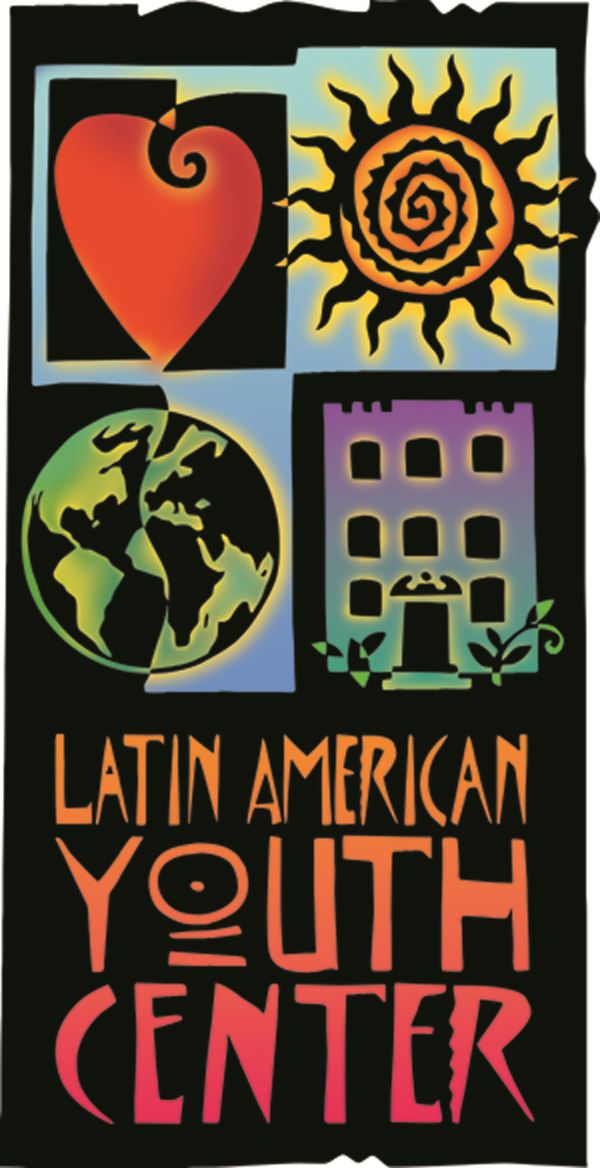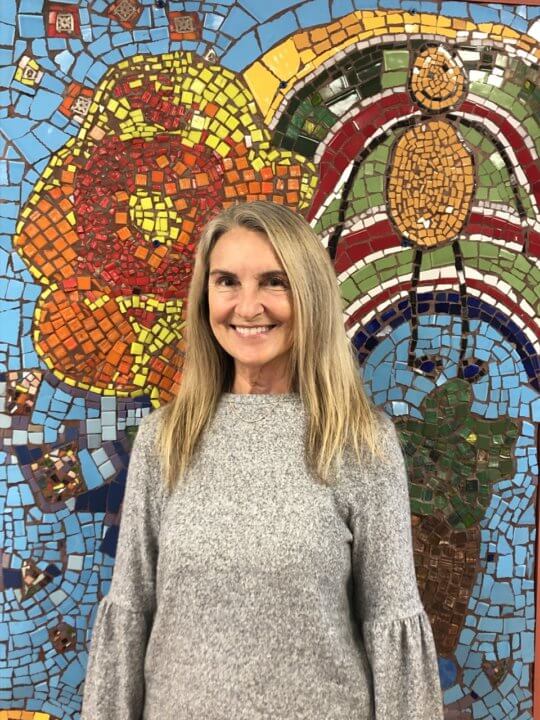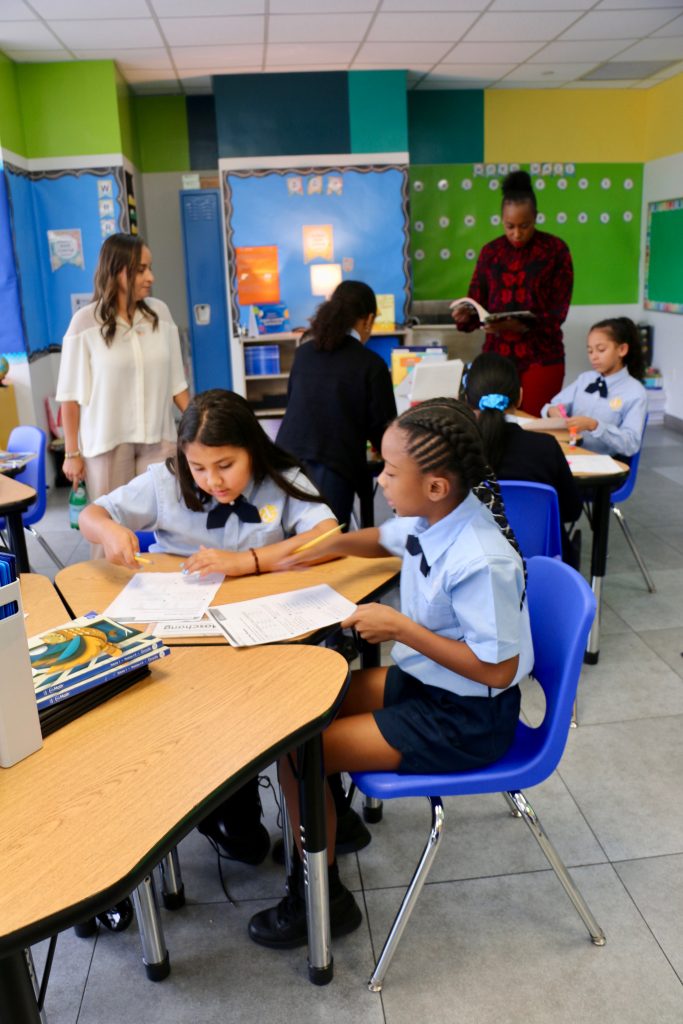Helping Latino children succeed in school during the COVID-19 pandemic
By Stephanie Presch, Content Specialist, UnidosUS
During the COVID-19 pandemic, UnidosUS has compiled stories that uplift our community’s resiliency and power that bring the Latino community forward. With the help of the Robert Wood Johnson Foundation, UnidosUS launched the series “Community Profiles: Redefining Leadership for Stronger Communities,” as a commitment to highlight leaders’ support systems, their collective strengths, and collaborative efforts that shape a more accurate narrative of Latinos as positive contributors to the United States and vital to the nation’s health and well-being. This is the seventh and final blog in our series.
As the omicron variant has caused many schools to shift back to virtual learning, teachers and families are again looking for the best ways to support students’ social and emotional well-being during the pandemic.

For the past six months, Bibhiam Cabral, School Based Mental Health Therapist at UnidosUS’s Washington, DC Affiliate Latin American Youth Center (LAYC), has been at the forefront of addressing the mental health of youth through her work. “I can definitely say that there is a tremendous need for mental health resources and services among Black and brown students—not to mention, mental health specialists that look or speak like them,” she shared.
Bibhiam works predominantly with Black and brown students ages 14 to 19, many of whom grew up in Columbia Heights, a neighborhood in Northwest Washington, DC, or are new to this area or are recent immigrants.
A 2020 report from Salud America found that 22% of Latino youth have depressive symptoms—the second highest number out of any racial or ethnic group after Native youth. They’re also less likely to seek treatment than white children—8% vs. 14%.
Many Latino youth, the report noted, experience stress related to being undocumented or having family members who are. “In many cases, both documented and undocumented students experience ongoing fear and anxiety related to immigration, but it is even more significant among undocumented students and or students who live in a mixed-status family” Bibhiam explained.
Bibhiam shared that before she worked at LAYC, she worked at another DC high school. One of the things that she noticed during that experience was that the struggles of immigrant students seemed to largely be invisible to the school staff.
“I wanted and needed to do something more than just have a conversation about it with administration or faculty,” Bibhiam noted.
Bibhiam was able to ultimately bring in a trainer to help advise staff on diversity, inclusion, and immigrant experiences, which she saw as having a positive effect at the school. She added that this workshop led to more conversations about the mental health and experiences of the school’s students, saying, “They started seeing them fully as people and for who they were.”

Like Bibhiam, Juana Brown, Director of Charter Schools at UnidosUS’s Florida Affiliate Redlands Christian Migrant Association (RCMA) serve families that are “mixed status”, meaning that there are documented and undocumented people within the same family. Many families are also migrant farmworkers and seasonal farmworkers.
Juana believes that it’s important to look at all the circumstances that are affecting a child in the classroom. She shared:
My commitment and career path in education has been and continues to be driven by my passion for education that prioritizes and commitments to the whole child and seeks to understand a child’s entire context to include where they live, their community, their social/behavioral/mental health, and overall well-being.
Juana was drawn to RCMA by their programs that prioritize whole child development. She explained that she wrote a Letter of Interest to RCMA CEO Barbara Mainster, and was soon hired.
“It was clear that my expansive view of health care, well-being, and education aligned very well with RCMA’s own vision, mission, and scope of work. What that looks like today is the Crib to Career (Charter Schools)—and it stands in stark contrast with Florida public schools,” Juana added.
The families in Juana’s community are very focused on ensuring that their child gets the best education possible. “It begins with the parents in our community. They are equal partners in the development and education of their children,” Juana highlighted.
One of the ways that RCMA has been able to address children’s progress in school is by engaging parents in the Padres Comprometidos program.
The Padres Comprometidos program is focused on helping parents become engaged with their child’s school by empowering them with new skills. Importantly, the program views language and culture as an asset and not a deficit in this engagement. “Telling and sharing many of their personal stories with one another as part of the program has been a successful component and process to begin to heal mentally and socially and to understand and prioritize self-care,” Juana noted.
Bibhiam is also careful to note that while the youth that she works with have dealt with issues such as food insecurity and violence that can affect their performance in the classroom. “At no point do they allow their circumstances and challenges to define who they are,” she explained, adding that many students have disdain for being told that they are “overcoming adversity.”
Similarly, Juana shared that in many ways, the community she serves is fearless with their vision and have their eyes on the prize. “They can see how their dream will be realized through the opportunities that their children have now,” Juana said.
Juana also explained that while approaching mental health and emotional trauma is part of the Padres Comprometidos program, the ultimate focus is to ensure that families are empowered and able to make their voices heard in their communities.
Both Bibhiam and Juana are what is known as ‘spiritual leaders.’ Spiritual leadership can be understood by its core pillars: vision, hope, and love. The spiritual leader has confidence in their vision of a brighter future and deep love and respect for who people are.
Bibhiam is Afro-Latina and noted that she is inspired by her family history and particularly grandmother as a leader, even though her grandmother never did the same kind of work that she does.
Bibhaim said:
I’ve always been inspired by all the personal stories she has shared with me. Her personal narrative and stories have influenced, shaped, and even motivated me. I often see some part of myself in her stories and that’s always moving and powerful.”
Although Juana’s story is not the same as those families that come through RCMA’s door every day, she noted that she can relate to what it’s like to be separated from your family and unfamiliar with the language in a new place. Bibhiam added that she hopes more Black and brown people are inspired to work in their communities and build trust for youth who may be dealing with a lot of anxiety and fear in their day-to-day. But above all, she approaches leadership from a place of gratitude and empowerment and views her role as an Afro-Latina mental health specialist as essential for Black and brown youth looking for support from someone who understands their circumstances on a deeper level.
“I draw strength by doing this work in the spirit of service and community,” Juana explained. “Allowing myself to learn from others—everybody and every day.”

